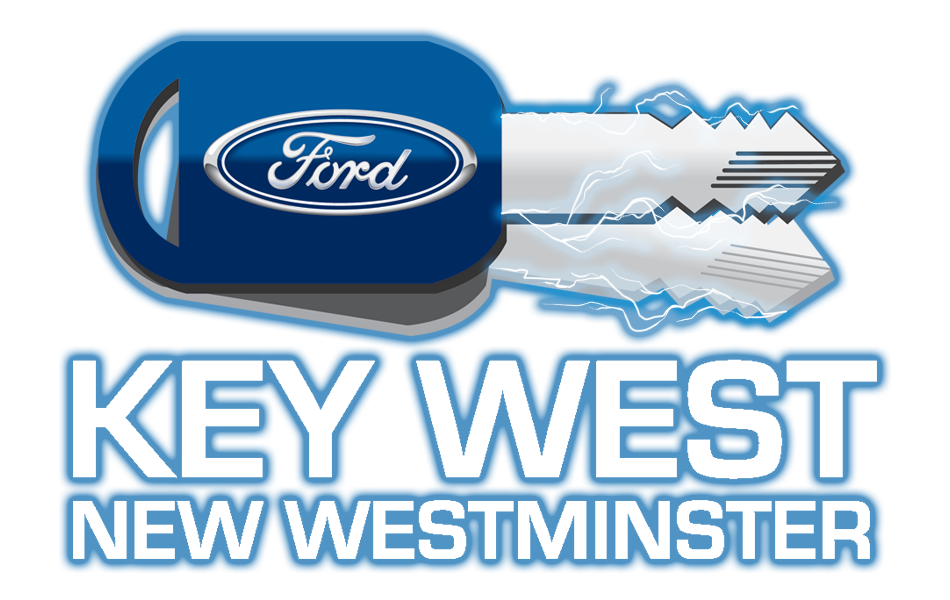For those residing in apartments or condominiums seeking to introduce electric vehicle (EV) charging infrastructure, navigating the process can be pivotal. With the implementation of Bill 22 of the Strata Property Act by the Government of British Columbia on May 11, 2023, the path to integrating EV chargers into multi-unit residential properties has become more streamlined. This legislative change allows stratas to pass EV-related decisions with a majority vote, simplifying the process for residents aiming to adopt EV charging solutions.
Preparation is key when approaching building managers or strata councils to propose EV charging installation. Begin by gathering pertinent information such as the type of charging required—whether Level 1 or Level 2—and assess factors like access needs, stall allocation, and existing EV policies within the building. Collaborating with other interested residents can bolster the persuasiveness of your request, particularly if aiming for a broader initiative such as making the building EV Ready, where each parking space is equipped with Level 2 charging capabilities.
Upon compiling essential data, formalize your request in writing and specify the preferred charger type and location. Highlight the advantages of EV charging installation, including potential revenue streams, enhanced property value, and the sustainability benefits of supporting electric mobility. It’s imperative to apprise building management or strata councils of available EV charging rebates tailored for apartment/condo buildings, which can alleviate financial burdens associated with infrastructure implementation.
Securing approval for your proposal necessitates engagement with the building owner or strata council, potentially involving homeowners depending on established bylaws. Ensure comprehensive documentation of the EV charger agreement, covering ownership, procurement, maintenance responsibilities, and electricity cost arrangements. Subsequently, enlist a certified electrician proficient in EV infrastructure installation to execute the wiring and setup, adhering to regulatory standards and obtaining necessary permits.
For those contemplating rebates, preliminary approval from BC Hydro is essential before embarking on charger procurement or electrical work. Provincial rebates are accessible for both standalone EV chargers and EV Ready infrastructure projects, offering financial support for planning and installation endeavors. In the event of a denial for a Level 2 EV charger, viable alternatives such as Level 1 charging or utilizing public charging networks can sustain EV ownership and usage.
Ultimately, advocating for EV charging in residential settings aligns with the broader objective of fostering sustainable transportation solutions. By leveraging available resources, collaborating with stakeholders, and navigating regulatory frameworks effectively, residents can catalyze the integration of EV infrastructure within their communities, contributing to a greener and more progressive future.
